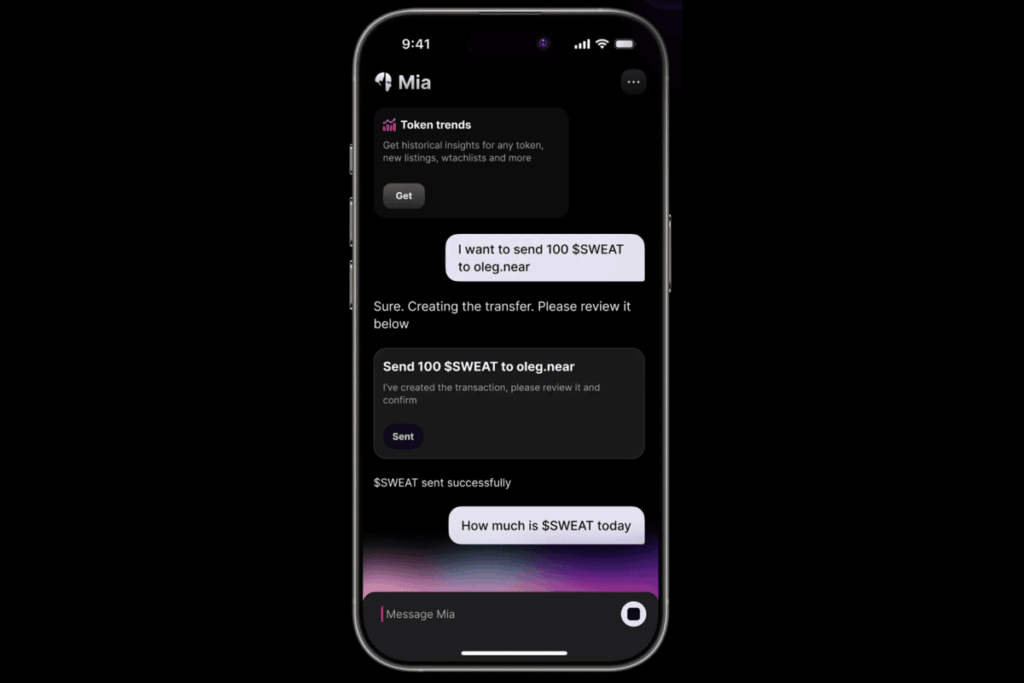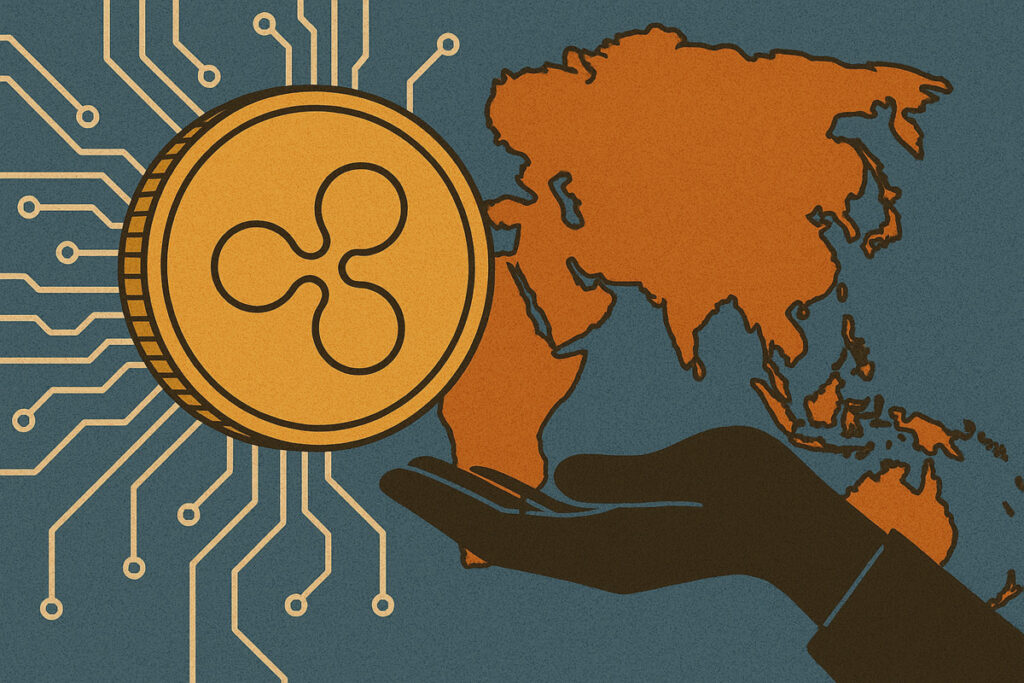- Eight major South Korean banks form a consortium to develop a KRW-backed stablecoin under a private-sector model, marking a first for the country’s banking industry.
- Two issuance models—trust-based and deposit-linked—are being explored, with infrastructure discussions underway and launch expected late 2024 or early 2025.
- The initiative aligns with South Korea’s proposed Digital Asset Act, signaling growing momentum toward regulated crypto adoption and domestic financial sovereignty.
In a major development for South Korea’s digital asset, eight of the country’s leading commercial banks have joined forces to create a consortium aimed at launching a won-linked stablecoin. This marks the first time traditional financial institutions in South Korea are entering the crypto space collectively under a joint venture model.
Participants include KB Kookmin, Shinhan, Woori, Nonghyup, Industrial Bank of Korea, Suhyup, Citibank Korea, and SC First Bank. The initiative is supported by the Open Blockchain and DID Association, as well as the Financial Supervisory Service, signaling collaboration across both private and regulatory sectors.
The move follows the Bank of Korea’s endorsement of a gradual rollout for a KRW-backed stablecoin, with Senior Deputy Governor Ryoo Sang-dai stating that commercial banks are best positioned to lead the initial phase. This signals a growing convergence between Korea’s financial institutions and the evolving global crypto economy.
Newsletter
Get weekly updates on the newest crypto stories, case studies and tips right in your mailbox.
Issuance models and strategic intentions
According to preliminary plans, the consortium is exploring two issuance mechanisms for the stablecoin:
- Trust-Based Model – Customer funds are held in a segregated trust, and stablecoins are minted accordingly.
- Deposit-Linked Model – Coins are issued on a 1:1 basis, directly tied to existing bank deposits.
Though the stablecoin’s infrastructure and launch are still under active discussion, the initiative is expected to take form either by the end of this year or early next year.
The urgency behind the initiative, warning that foreign-issued stablecoins particularly dollar-backed ones could potentially overrun the domestic market. It is time to secure both the independence and competitiveness of the domestic financial system through a won-based digital currency.
Regulatory tailwinds and political momentum
The consortium’s work is closely aligned with South Korea’s proposed Digital Asset Act, currently under review by the National Assembly. The legislation proposes the creation of a stablecoin authorization system, laying a legal foundation for private-sector-led digital currencies.
While the Bank of Korea remains cautious about the issuance of a full-scale won stablecoin, the recent political shift may accelerate development. Newly elected President Lee Jae-myung has pledged to introduce a KRW-pegged coin, particularly for use in international trade and business operations. His administration has moved quickly to modernize the country’s crypto and fintech regulatory framework.
Although the consortium’s model is distinct from the central bank digital currency (CBDC) being explored by the Bank of Korea, industry observers believe the two could eventually integrate, especially for use cases like domestic payments, digital commerce, and cross-border remittances.









